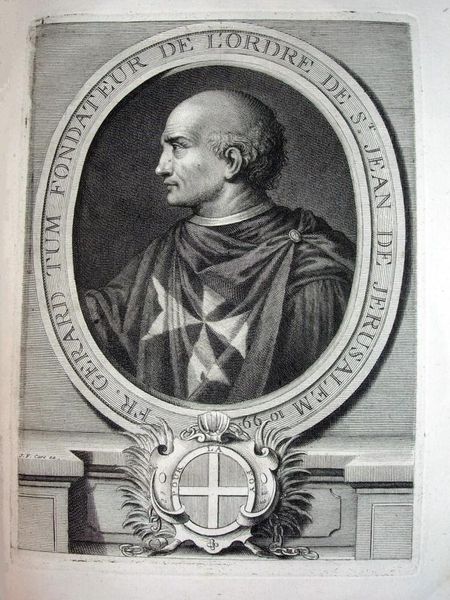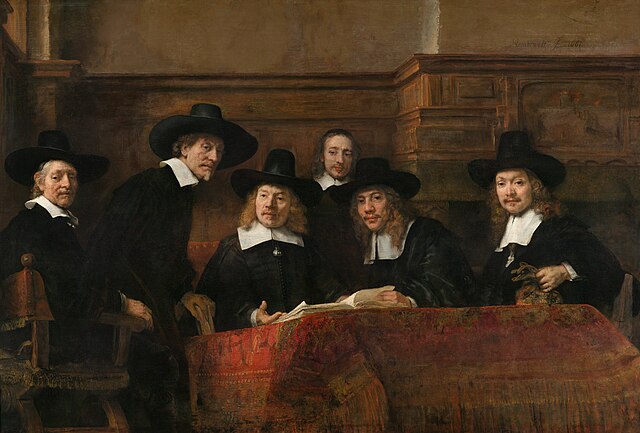Odd Fellows is an international fraternity consisting of lodges first documented in 1730 in London. The first known lodge was called Loyal Aristarcus Lodge No. 9, suggesting there were earlier ones in the 18th century. Notwithstanding, convivial meetings were held "in much revelry and, often as not, the calling of the Watch to restore order." Names of several British pubs today suggest past Odd Fellows affiliations. In the mid-18th century, following the Jacobite risings, the fraternity split into the rivaling Order of Patriotic Oddfellows in southern England, favouring William III of England, and the Ancient Order of Oddfellows in northern England and Scotland, favouring the House of Stuart.
The triple links, a recurring symbol among Odd Fellows internationally, connoting the motto of "Amicitia Amor et Veritas"; English: "Friendship, Love & Truth".
John Wilkes (1725–1797), initially a young radical journalist, then gradually more conservative; one of the first documented odd fellows.
Sir George Savile, 8th Baronet (1726–1784), an odd fellow who famously advocated civil liberties and reliefs in the United Kingdom, including Catholic emancipation. Subsequently, the odd fellows became religiously and politically independent.
Prince George the Prince of Wales, later King George IV of the United Kingdom (1762–1830), admitted in 1780, was the first documented of many odd fellows to also adhere to freemasonry; both societies remained mutually independent.
A fraternity or fraternal organization is an organization, society, club or fraternal order traditionally of men associated together for various religious or secular aims. Fraternity in the Western concept developed in the Christian context, notably with the religious orders in the Catholic Church during the Middle Ages. The concept was eventually further extended with medieval confraternities and guilds. In the early modern era, these were followed by fraternal orders such as Freemasons, the Rosicrucian Society of England, and Odd Fellows, along with gentlemen's clubs, student fraternities, and fraternal service organizations. Members are occasionally referred to as a brother or – usually in a religious context – frater or friar.
A meeting of Freemasons in West Germany, 1948
Blessed Gerard Thom (c. 1040–1120), lay brother in the Benedictine order and founder of the Order of Saint John of Jerusalem after the First Crusade in 1099.
Kraków's Kur Fraternity during the inauguration of Józef Piłsudski Monument in Kraków.
The Syndics of the Drapers' Guild by Rembrandt, 1662.








